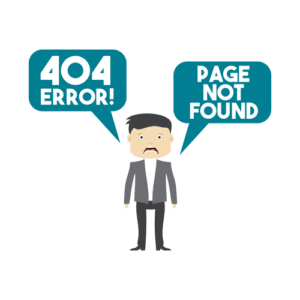Construction Bookkeeping For Contractors

This can make it difficult to track revenue and costs on a single project, let alone many. Factoring for some of the essential differences from general accounting, construction accounting relies on a number of important concepts. Investing in proactive bookkeeping, whether in-house or outsourced, gives you clear visibility into your finances. Underbilling occurs when a contractor does not bill for all the labor and materials delivered in a billing cycle. Accounts Payable (AP) is a fairly easy fix – you short pay the invoices that need to have retention held. In accounting lingo, short paying means sending less than the contractors bookkeeping total amount invoiced.

Payroll Management in Construction Accounting
These reports enable informed decision-making and long-term strategic planning. These bookkeeping services ensure compliance with regulations, manage deductions, and reduce the risk of audits or penalties. When contractors conduct them regularly, job cost reports make tracking project progress easier. Overall, the profit and loss report helps construction businesses learn where profits are coming from and manage costs efficiently. Here’s what this looks like in practice — suppose you are a contractor working on a 1-year project spanning CARES Act from November 2024 until November 2025. However, the completed-contract method allows the contractor to defer paying tax until a year later.
How to Use the Covey Matrix for Effective Time Management
- This involves accurately tracking hours worked, calculating wages according to collective bargaining agreements, and maintaining proper documentation for audits.
- Unfortunately, it is not as simple as merely establishing a compensation agreement with the worker.
- Each job incurs direct and indirect costs that may fall into a wide range of categories.
- You can use Botkeeper to connect your books to your bank account and simplify reporting.
- According to the Construction Financial Management Association, pre-tax net profits average between just 1.4% and 3.5% for contractors and subcontractors.
Ensure that all expenses are categorized correctly and assigned to the appropriate project. Construction companies must ensure compliance with these union agreements to avoid potential disputes or legal issues. This involves accurately tracking hours worked, calculating wages according to collective bargaining agreements, and maintaining proper documentation for audits. Additionally, payroll systems must be equipped to handle the unique requirements of different unions, which may include specific reporting formats and payment schedules.
Type #7: Earned value report

By outsourcing bookkeeping, construction companies free up time spent on managing complex financial tasks. This allows business owners and managers to focus on project delivery, client relationships, and scaling operations, ultimately enhancing productivity and reducing overhead costs. You can record daily transactions anywhere — on a spreadsheet, on paper, or in an accounting software program. Some examples of daily transactions include paying equipment rental, employee wages, or subcontractors specialized in specific areas of construction. This method allows contractors to accurately bill their clients for the work they https://www.bookstime.com/ have completed rather than charging them a lump sum fee.
- A general ledger is a powerful tool in bookkeeping for a construction company.
- Comprehensive job costing tools for tracking costs across multiple job sites and departments.
- Here are some key benefits that construction bookkeeping offers to contractors.
- Additionally, compliance with labor laws and union agreements adds another layer of difficulty.
- This enables you to make proactive changes, ensuring that your growth is sustainable and profitable.
Use a journal, spreadsheets, or construction accounting software to record day-to-day transactions like accounts payable, accounts receivable, labor costs, and material costs incurred. You’ll want to include a description of each transaction, the date of the transaction, and the revenue received. Most businesses simply record the cost of the products sold, but construction companies are quite different. Each job incurs direct and indirect costs that may fall into a wide range of categories. It’s essential that contractors have an effective method for keeping track of income and expenses, and for reconciling every transaction. Job costing is a special feature of construction bookkeeping that some find useful.




